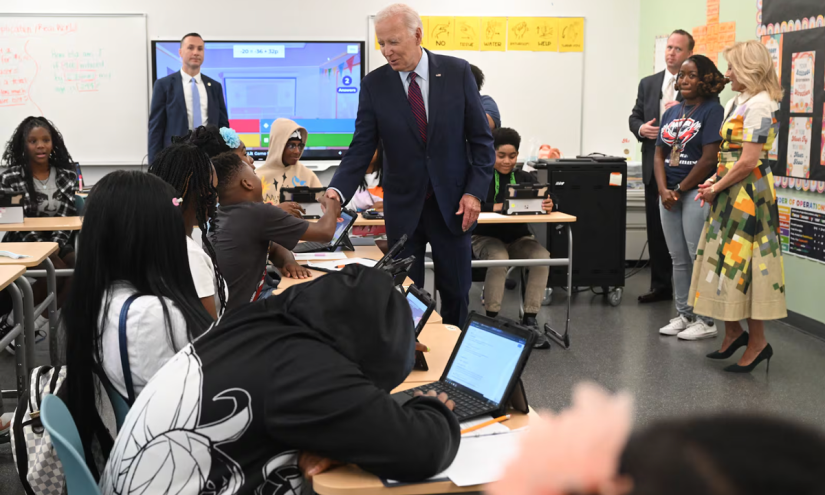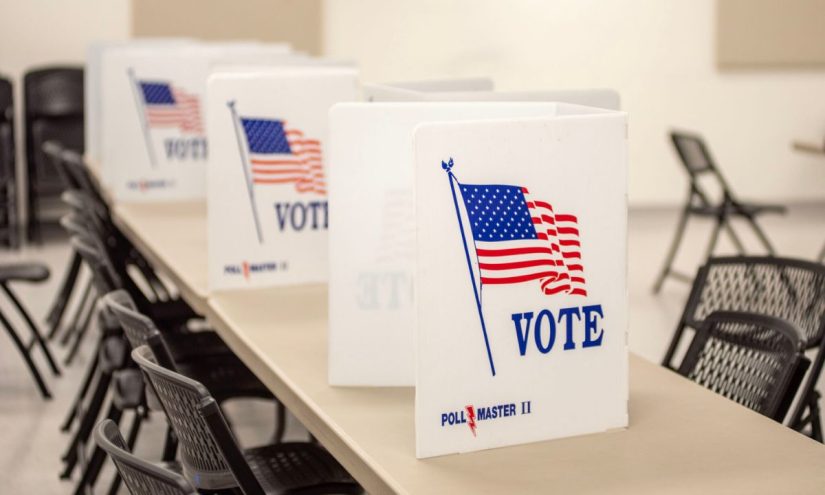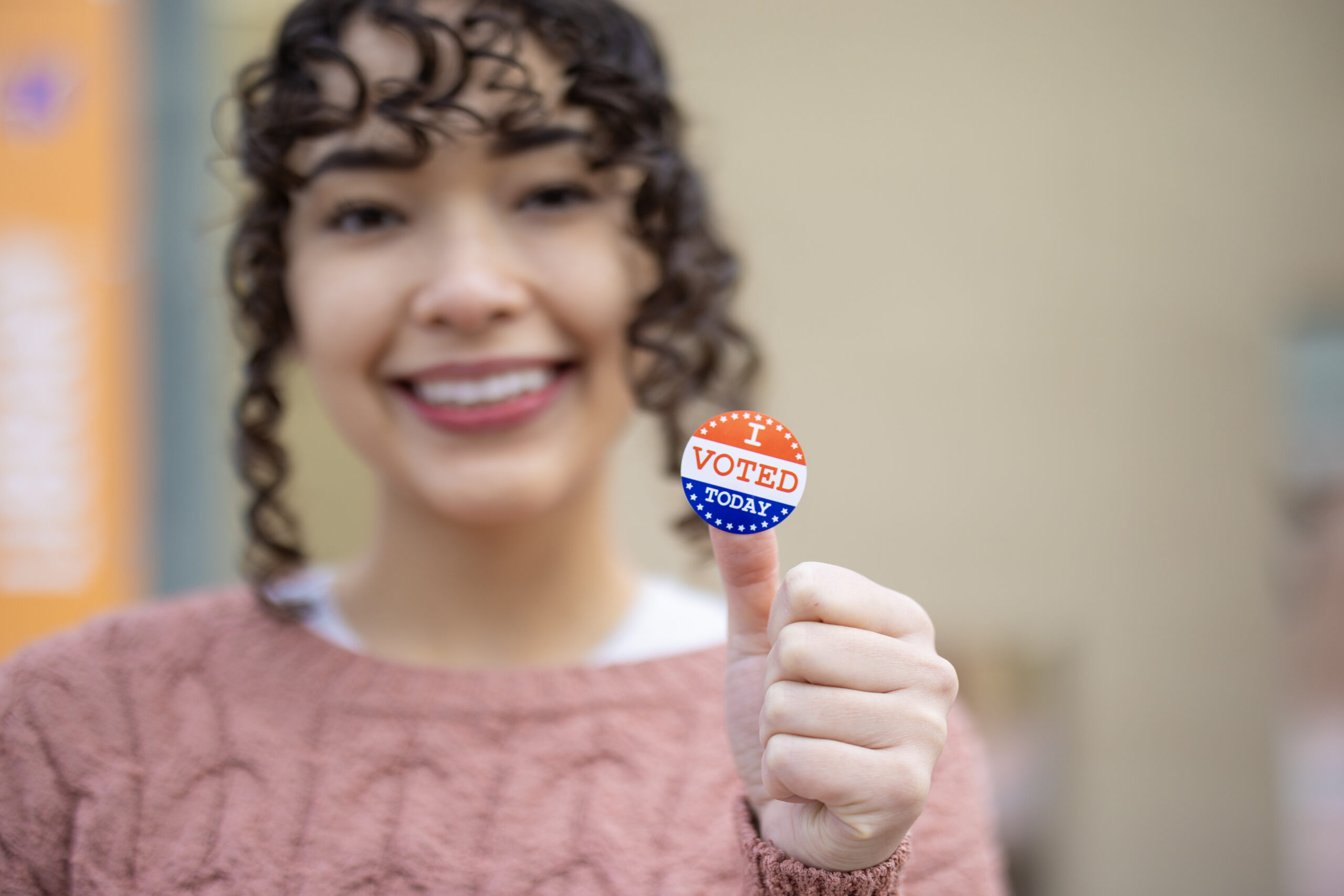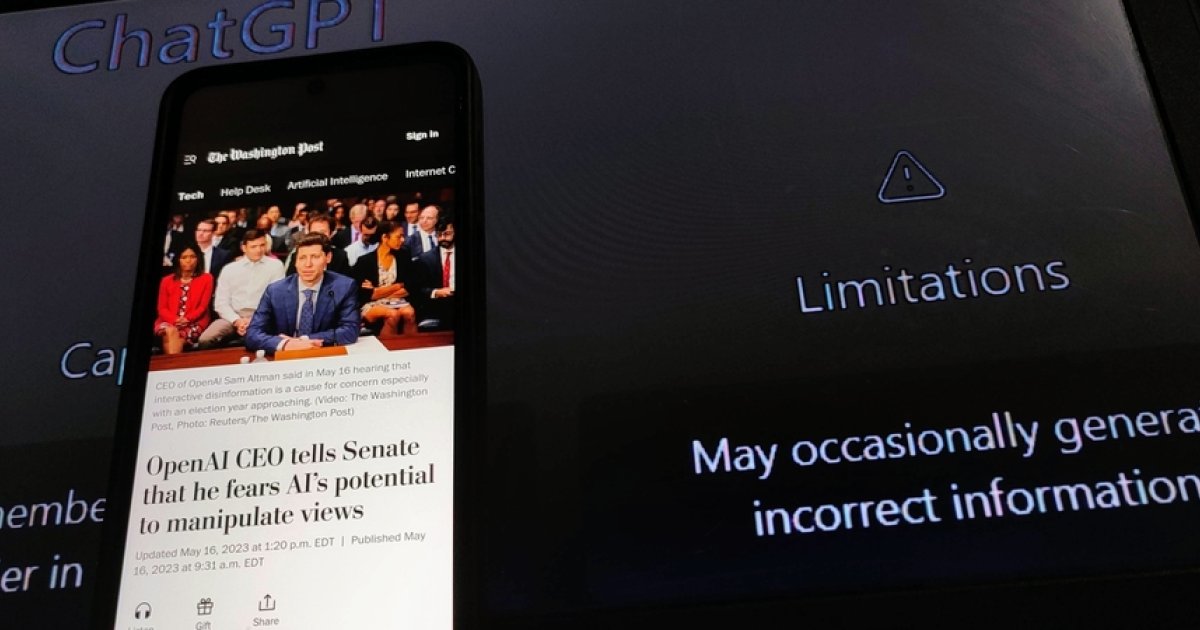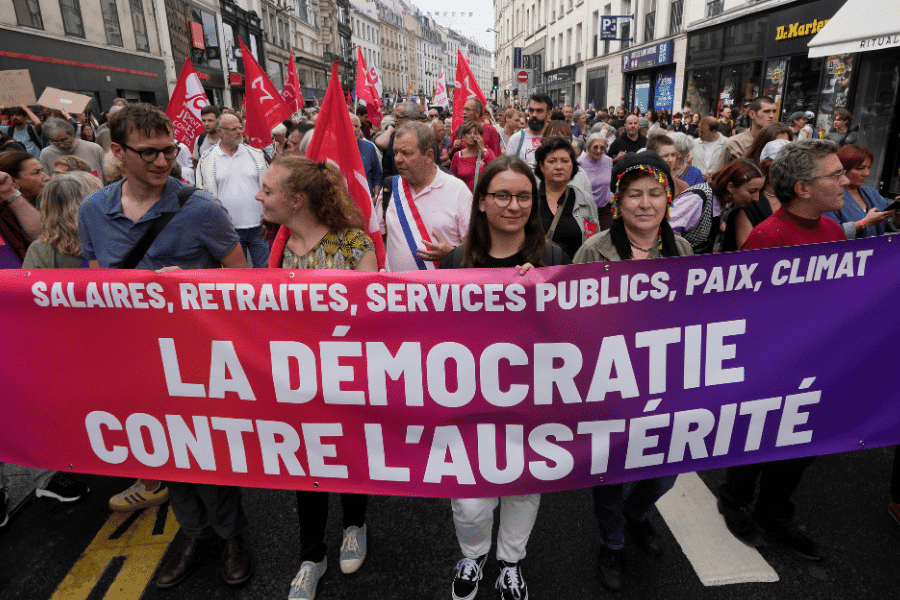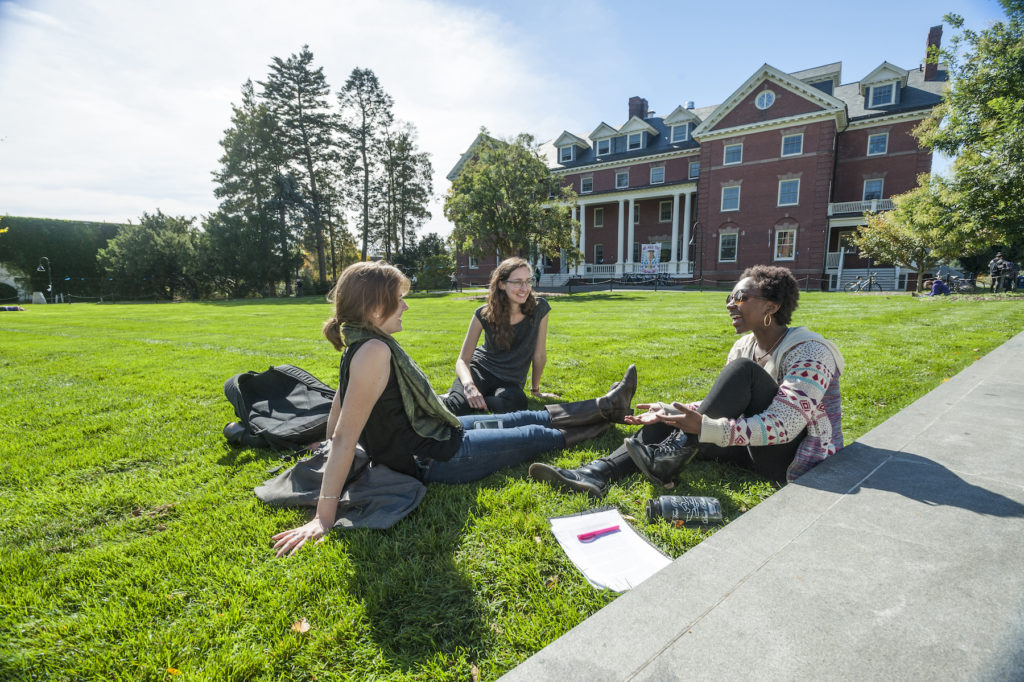Get stories like this delivered straight to your inbox. Sign up for The 74 Newsletter
Chalkbeat Ideas is a new section featuring reported columns on the big ideas and debates shaping American schools. Sign up for the Ideas newsletter to follow our work.
Democrats are in disarray on education — according to a growing chorus of Democrats.
A variety of left-leaning journalists, politicians, and advocates have all recently claimed that voters have become disillusioned with the party’s approach to schools. Often, these commentators cite anger over pandemic-era closures and argue that Democrats need to embrace tougher academic standards or school choice.
“For decades, when pollsters asked voters which party they trusted more on education, Democrats maintained, on average, a 14-point advantage. More recently that gap closed, then flipped to favor Republicans,” wrote former Chicago Mayor Rahm Emanuel last month.
Is this emerging conventional wisdom true, though? This assertion has typically relied on one or two surveys, rather than a comprehensive look at the data. So I compiled all publicly available polls I could find that asked voters which party they preferred on education.
The verdict was clear: In more than a dozen surveys conducted this year by eight different organizations, all but one showed Democrats with an edge on education. This ranged from 4 to 15 points. Among all 14 polls, the median advantage was 9 points. Although Democrats appear to have briefly lost this edge a few years ago, voters again now tend to trust Democrats on the issue of education, broadly defined.
The narrative that Republicans had wrested the issue of education from Democrats emerged in 2021, after Virginia’s Glenn Youngkin won a come-from-behind victory in the governor’s race after campaigning on parents’ rights.
Long-running data from the Winston Group, a political consulting firm, showed that in late 2021 and early 2022 Republicans really had eroded Democrats’ lead on education. The parties were even briefly tied for the first time since the early 2000s, when former President George W. Bush was championing No Child Left Behind. Polling commissioned in 2022 and 2023 by Democrats for Education Reform, a group that backs charter schools and vouchers, also showed Democrats falling behind on education.
Since then, though, Democrats appear to have regained their edge. In the run-up to the 2024 presidential election, the party held at least a 10-point lead, according to Winston Group. Other polls from last year also found that more voters preferred Democrats’ approach on education, even as the party lost the presidency.
Emanuel pointed me to polling from 2022. “Democrats have not gained ground as much as Trump has cost GOP gains they have made,” he says when asked about the more recent surveys.
This year in Virginia, Democrat Abigail Spanberger easily won in her bid to replace Youngkin. Education was one of her stronger issues, according to a Washington Post survey.
Some argue that these election results disprove the idea that Democrats are losing on schools. “That’s not what panned out at all,” says Jennifer Berkshire, a progressive author who writes and teaches about education. She notes that the Republican governor candidate in New Jersey also tried to make schools an issue and lost badly.
The Winston poll shows Democrats’ advantage is currently below its peak between 2006 and 2009 but is comparable to many other periods, including the tail end of the Obama administration and part of the first Trump administration.
Keep in mind: These surveys ask about education broadly, not just K-12 schools. When given the option, a good chunk of voters don’t endorse either party’s approach. For instance, a YouGov survey found Democrats up 39%-32% on education with another 29% saying they weren’t sure or that the parties were about the same.
The one public poll in which Democrats did not have an advantage came from Blue Rose Research, a Democratic-aligned firm. Ali Mortell, its head of research, says different survey methodologies can lead to different results.
Regardless, she wants to see Democratic politicians lean into the issue more. “Say they do have that trust advantage right now, [education] is still not something that they’re really talking about a lot,” Mortell says.
One of the top messages that resonates with voters focuses on addressing teachers’ concerns about stagnant pay and large class sizes, Blue Rose polling finds.
Democrats’ lead on education doesn’t appear to have grown much over the last year, according to surveys from Winston, YouGov, and Ipsos. That’s somewhat surprising since Trump’s approval has sunk generally and is low on education specifically.
Jorge Elorza, the CEO of Democrats for Education Reform, points to a survey it commissioned showing the two parties tied when it comes to making sure schools emphasize academic achievement. “Democrats should be focused on delivering results,” he says. “When we ask voters about that, it’s a toss up.” A separate DFER poll found the party with only a 1-point lead on who voters trust to ensure “students are prepared for success after high school.”
Democrats’ overall polling advantage on education does not necessarily speak to the substantive merits of their policies, however. One analysis found that Democratic-leaning states have seen bigger declines in student test scores in recent years. At a national level, Democrats have not offered a particularly clear message on K-12 education, unlike Trump.
“For the last six years there’s [been] no proactive agenda for Democrats on educational excellence,” says Emanuel.
The party’s approach to schools has clearly lost a segment of America’s political tastemakers including center-left nonprofit executives, political strategists, and even some Democratic politicians. Yet, despite insistent assertions otherwise, regular voters don’t seem to share this view, at least at the moment.
I relied on the following polls from this year, with Democrats’ lead in parentheses: Blue Rose Research (February, tied); Fox News (July +15); Ipsos (February +6, April +4, October +7); Napolitan News Service (August +9, October +6); Navigator (August +9); Strength in Numbers (May +11, October +15); YouGov (May +7); Winston (April +15, June +14, August/September +11). To find these surveys, I conducted my own search and asked a variety of large pollsters, as well as a number of advocates. Differences in results between polls can come from random error, as well as differences in sampling and question wording. Although the precise wording varied, each poll asked voters which party they preferred on education.
Chalkbeat is a nonprofit news site covering educational change in public schools.
Did you use this article in your work?
We’d love to hear how The 74’s reporting is helping educators, researchers, and policymakers. Tell us how

